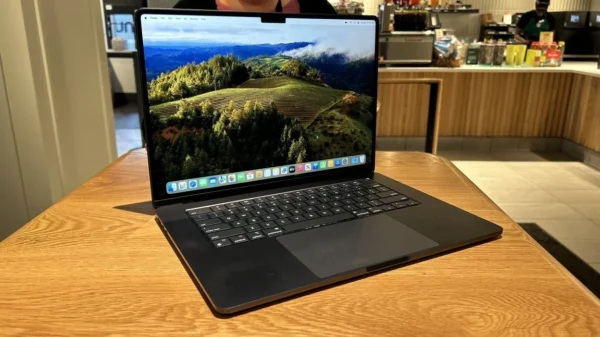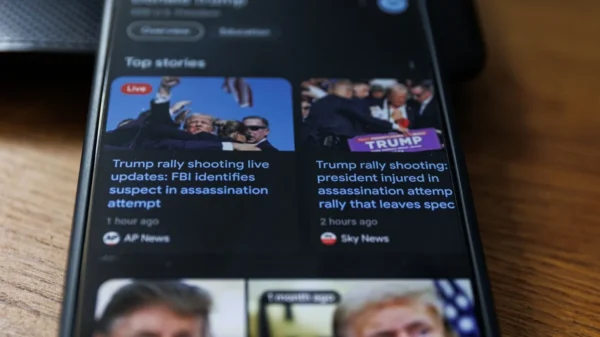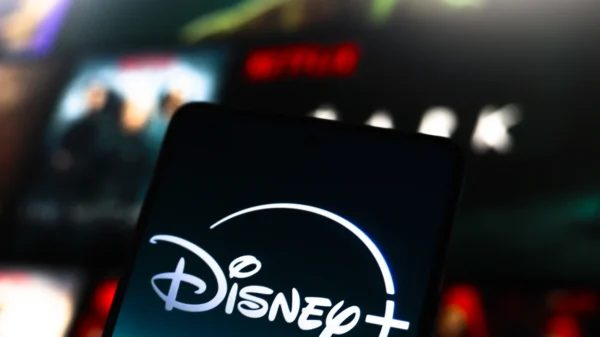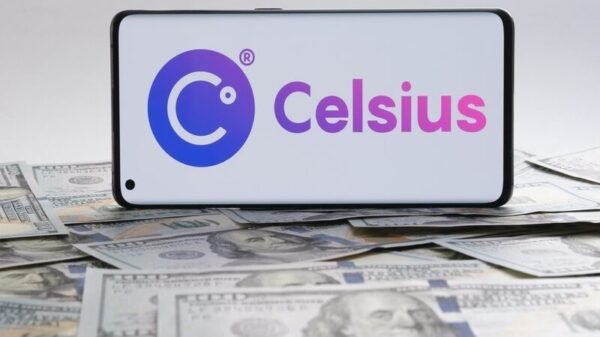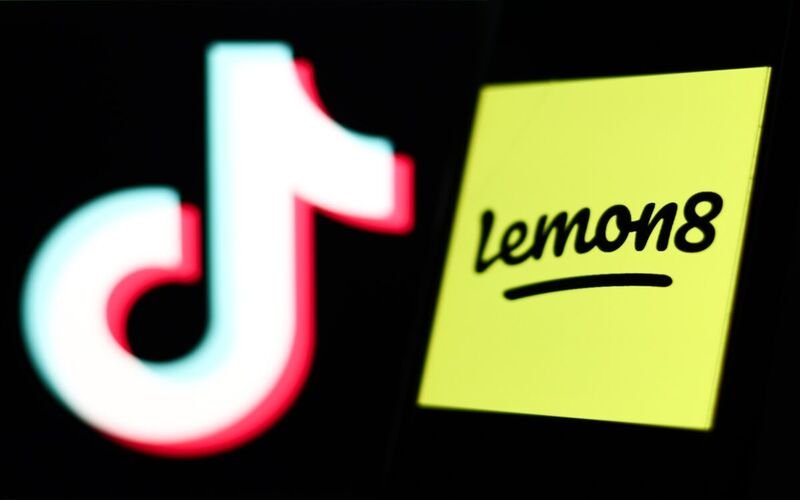Lemon8, another ByteDance product, has entered the top 10 of U.S. app stores amid the TikTok ban issue.
Lemon8’s rapid rise resembles TikTok’s. TikTok’s content suggestion algorithms, popular in China for its sibling app Douyin, pushed short video sharing to the next level. Vine pioneered the format in the U.S.
Lemon8 is described as a mix of Instagram, Pinterest, and Amazon, but anyone acquainted with the Chinese internet environment would identify it as a “copy-from-China” app.
U.S. patterns inspired China’s Google, Facebook, and other internet giants in the early days of the internet. As China’s local I.T. talent gets more skilled and creates new services that don’t exist elsewhere, that practice is still here.

Lemon8 resembles Xiaohongshu, the Chinese social commerce site with 260 million monthly active users, with its photo-heavy interface and peer-to-peer evaluations. For the past decade, Xiaohongshu, meaning “Little Red Book,” has been the go-to online community for Chinese youth to learn life hacks on anything from maternal health and surviving centralized quarantine in China to discovering the greatest Chinese restaurants in Düsseldorf.
Chinese internet business strategies like bike sharing, live shopping, and social commerce are popular internationally. Uniik and Spark, Xiaohongshu’s Asian ventures, failed. ByteDance, like TikTok, is following Xiaohongshu’s model westward.
Created to share buying advice abroad, Xiaohongshu has largely focused on practical information. Articles are ordered partially by “saves” and displayed in a Pinterest-like grid. It’s not as competitive as Instagram. Images contextualize user remarks, such as a COVID-19 PCR result needed to fly to China.
The app promotes long-tail content over influencer postings and relevancy above fun. Xiaohongshu users experience “zhongcao,” meaning “planting grass,” which is the desire to buy anything once a friend or influencer promotes it.
During a recent event, Xiaohongshu reported 69 million content creators among its 260 million MAUs. 70% of users are women born after 1990. Its users dwell in China’s wealthiest cities. Since China’s I.T. crackdown lowered investor trust, the company’s valuation fell to $10-$16 billion last year from $20 billion.
Lemon8’s ability to introduce Zhongcao culture to the U.S. and abroad is unknown. Instead, TikTok ads and influencer endorsements drive the app’s growth.
Lemon8 appears to pay influencers to publish. Chinese social media, especially Douyin, does this. This may be the largest difference between Lemon8 and Xiaohongshu, which seldom subsidizes influencers. Many believe Xiaohongshu’s content endures because of its authenticity.
Lemon8 may not be thinking about monetization yet, but watching how it makes money if and when it grows will be intriguing. It might emulate Xiaohongshu, which makes money via adverts and e-commerce commissions. Naturally, copying a company model from China or elsewhere is difficult. Even ByteDance, which drives many of Douyin’s Chinese profits, has failed to promote live shopping in Western nations.

